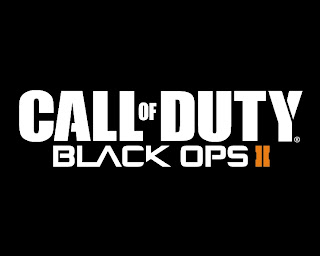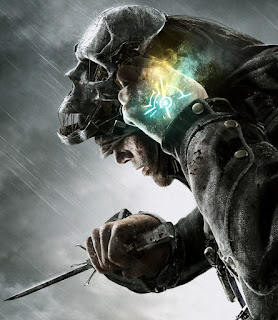This recent Kill Screen review of
Dishonored earned its fair share of criticism, and rightly so - the review reads more like a rant than a well-reasoned criticism of the game, but I am no expert on the matter. I rarely review games, partially because I have a sneaking suspicion my comments are suddenly less compelling when numbers are attached. Instead, I prefer to explore ideas and their executions in more free-form and isolated situations, which is exactly what I want to do here.
The reason I mention the review at all is because the author specifically calls out
Dishonored for its array of choices which, as he states, feel absolutely meaningless. As the article tag-line states, "
Dishonored lets you do whatever you damn well please. Why?" Could it be that the glut of choices makes each of them trivial?
For awhile, I actually thought this was true. For those unaware,
Dishonored is a stealth-action game, or rather, it is a stealth game and an action game - and a few other things as well. Corvo, the game's protagonist, can approach his assassination missions with a huge array of variability. He can use his Blink ability to teleport along the rooftop, out of sight from the watchful guards, or he can lurk in the shadowy sub-basements to reach his target, or he can leap into action and stab everything that moves, or summon rats, or possess fish, etc. etc. etc. It can all feel quite overwhelming.
Here is how I played the game for the first two hours: First I tried being stealthy, maintaining a height advantage over my enemies and sneaking up to guards. Then, time and again, I failed miserably. I would blink off the side of a building and land on top of a guard, or move out of the shadows and bump into a roaming NPC. In response, I would panic, kill anyone in the immediate vicinity, and then run back in the shadows. Frankly, it was boring and disheartening.
Then I learned how to play. Today I went through The Royal Physician campaign twice with two self-imposed conditions. In my first attempt, I would avoid touching the ground whenever possible. Functionally, the floor was lava. In my second attempt, I would kill...everyone (I know, I'm a terrible person). Both experiences were viable and incredibly entertaining, mostly because the I established the limitations myself and I was able to handle the job efficiently.
Play became an artful form of practice. The pathways left unexplored were intentionally abandoned. I felt more like an artist choosing her color palate rather than a tactician in battle. My perspective changed from when I first stepped into
Dishonored. I abolished the sense of triviality in the face of so many options by measuring my ability, learning, and, most importantly, choosing to find meaning on my own terms. Sometimes you have to work for your enjoyment.


































